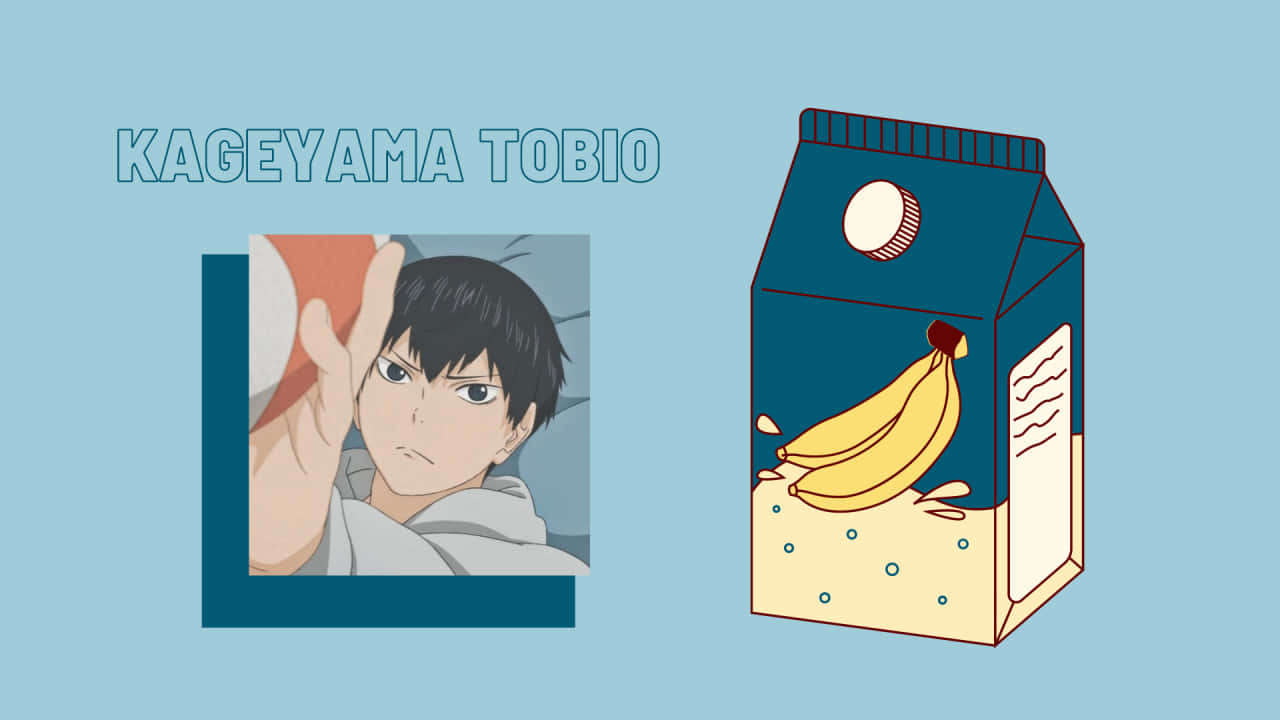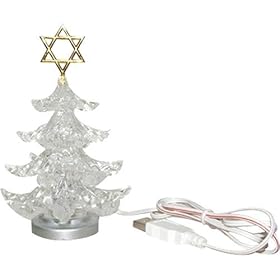 It's always been a tradition of mine to hit the mall right around New Year's Eve and treat myself to something fabulous, frivolous and deeply discounted. (A tradition of mine, a tradition of yours, a tradition of almost every human being on the planet judging by the mall parking lots most years.)
It's always been a tradition of mine to hit the mall right around New Year's Eve and treat myself to something fabulous, frivolous and deeply discounted. (A tradition of mine, a tradition of yours, a tradition of almost every human being on the planet judging by the mall parking lots most years.)The combination of gift cards to burn, a store credit or two from an exchange/return and those infamous after-Christmas sales has always been the perfect formula for a decadently guilt-free shopping spree. In years past I've gotten 100% cashmere sweaters at 60% off; a Coach tote for the price of a Nine West; "premium" brand denim for only a little more than I'd generally spend at the Gap.
This year, with a $100 Macy's credit and newspaper coupons for good measure, I couldn't wait to indulge in a new purse, an awesome little dress to wear for New Year's Eve, or maybe some shoes and a watch.
But after spending about an hour in a department store where in years past I've scored some fantastically low-priced loot, I just wanted to go home and take a nap.
And it wasn't for lack of loot. It was kind of like going to an all-you-can-eat buffet...right after you've just eaten a big meal. Nothing looked appealing, for some odd reason. I didn't long for a single object I saw; and whatever did catch my fancy (a cute Coach watch with a pink leather wriststrap) was overpriced.
I don't think I was alone in my anti-shopping sentiments. I eased into a prime parking spot within a stone's throw of the entrance, since the mall was shockingly uncrowded; it certainly wasn't the post-Christmas chaos of years past. It's the end of 2008 and we're all dealing with a chaos of a much deeper sort. The economy sucks; people are losing their jobs left and right. I almost felt un-American to be binging on baubles.
But, I reasoned, somebody's got to get money back into circulation--and I wouldn't be seeing discounts this deep again (Or would I?) So, even though I wasn't especially enthusiastic about it, I bought myself an INC dress...but then ultimately decided it was overpriced, and exchanged it for some DKNY tops, 60% off. And after hanging on to them for about ten minutes, I thought there really wasn't anything special about the DKNY tops, either, and exchanged them for a large Dooney & Burke patent leather gray tote, which was a steal at $139. Now that's what I'm talking about! I left the mall convinced that this purchase ranked right up there with that cashmere sweater from a few years ago that had cost very little cash.
That was before buyer's remorse, coupled with label-whore shame, set in. Once I had it home with me, I wasn't so thrilled with the Dooney & Burke, despite the low price-tag; hell, it could have been free and it wouldn't have been worth it, once I reconsidered it in the harsher light of my closet. It's too big and boxy for my frame, for one thing; for another, I just don't need it. I already have plenty of nice purses, and the gray color was too pale to accessorize with blacks or browns but too dull to go with pastels.
Thankfully I can return it; I'll probably exchange this year's sorry splurge for underwear or luggage. It won't be a happy return, though; going back to the mall isn't something I'm looking forward to. I guess I need to be surrounded by other shoppers eager to lighten their wallets to truly enjoy a sale.
Being practically alone in a deeply discounted store might sound like a shopaholic's fantasy, but until you're actually walking around in half-off Cole Haans, you don't know how you'll feel about it.
Who knew discounts could be such a downer?






 Wishing the happiest of birthdays to my baby Rebecca, who turns three tomorrow. What a difference three years makes. She sings, she dances, she uses the potty, she dresses herself, she tells stories ("Once upon a time there was a baby and a mommy. The end!"). It's hard to believe that just 36 months ago, she was a gooey little blob.
Wishing the happiest of birthdays to my baby Rebecca, who turns three tomorrow. What a difference three years makes. She sings, she dances, she uses the potty, she dresses herself, she tells stories ("Once upon a time there was a baby and a mommy. The end!"). It's hard to believe that just 36 months ago, she was a gooey little blob.